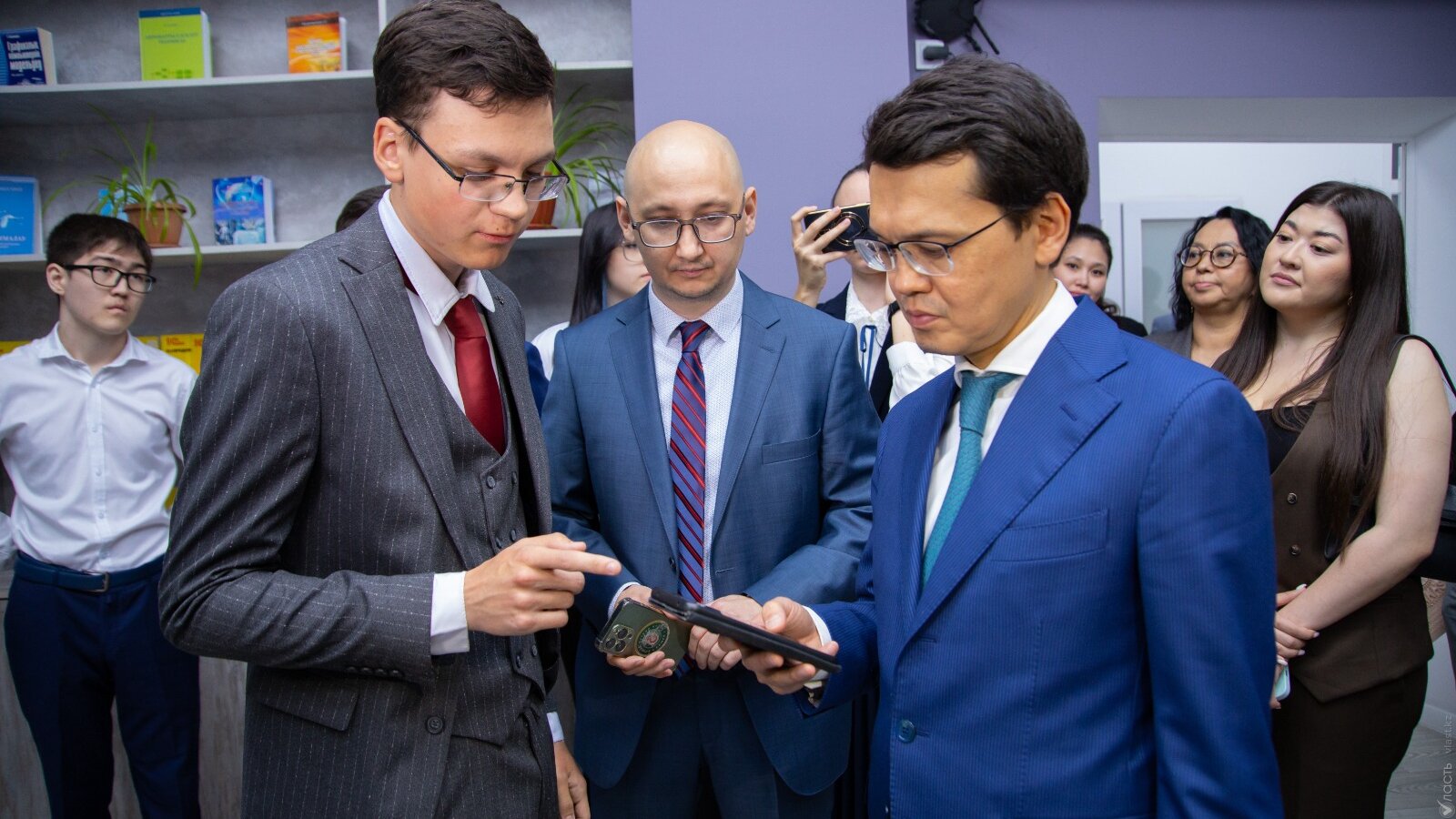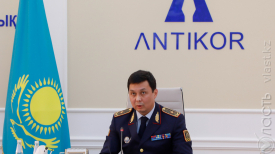- ВКонтакте
- РћРТвЂВВВВВВВВнокласснРСвЂВВВВВВВВРєРСвЂВВВВВВВВ
The government said on July 26 that it plans to curb Kazakhstan’s shadow economy with a special action plan. The goal is to reduce informal transactions that evade taxes to under 5%. The government said that in 2022 wholesale and retail trade showed a level of 6.7% of shadow transactions.
After the signing of a landmark law on asset recovery on July 12, the government has continued to showcase the amount it has returned to the state coffers, without detailing its origin in full. In response to Vlast, it said it cannot disclose a full list. In making the case for the new bill, President Kassym-Jomart Tokayev had emphasized the need for Kazakhstan’s governance to become more transparent.
Kazakhstan’s Agency for Financial Monitoring said on July 25 that it concluded a pre-trial investigation on a grain import-export scheme. Between 2021 and 2022, large amounts of Russian wheat were brought into the northern region of Pavlodar, illegally re-branded as “Kazakh”, and re-exported further to other Central Asian countries. The Agency has targeted shipments for 26,000 tons, valued around one billion tenge ($2.2 million). The following day, the State Revenue Committee said that these “gray” imports of Russian wheat were halted in February 2022.
On July 28, the government said that it prevented 276 attempts to export dual-use items to Russia. Since August 2022, Kazakhstan has banned the export of military-grade items. The State Revenue Committee did not specify which entities had attempted the sales and which items were stopped from crossing the border.
Bagdat Mussin, the minister of digital development, urged his fellow countrymen on July 25 to decrease their mobile internet usage, in an effort to help stabilize the recent connection issues around the country. Mussin compared mobile data to water and said that people need to adopt the habit of “turning off the tap”.
Mussin also said that, by the end of the year, state-owned Kazakhtelecom will sell off its stake in one of the mobile operators it owns. Kazakhtelecom owns a 100% stake in Tele2/Altel and a 51% stake in Kcell. Mussin declined to disclose which of the two will be privatized.
On July 26, the press service of the state charitable fund Kazakhstan Khalkyna (from Kazakh, “For the People of Kazakhstan”), said it had received 22.3 billion tenge ($49.5 million) from Russian billionaire Vasily Ansimov. That sum accounted for 95% of the total voluntary contributions into the fund in the first half of 2023. Ansimov, together with local businessman Yakov Klebanov, controlled the Stepnogorsk Mining and Chemical Combine in the north of the country, until Russia’s Rosatom, through UraniumOne bought it in December 2022.
The government said on July 27 that it will allocate 16.3 billion tenge ($36.7 million) and 8.4 billion tenge ($18.9 million) for the necessary repair works at the heating network in Semey and Ridder, respectively. The power plants and heating networks in the two cities in Kazakhstan’s north-east had experienced repeated failures this past winter.
Russian e-commerce company Ozon said on July 28 that it listed shares in AIX, the Astana International Exchange, in a move to diversify its access to liquidity. Ozon shares will begin trading on July 31. In their announcement, Ozon said it does not plan to issue new shares in connection with its AIX listing. Ozon lists its shares in Moscow and New York, although the viability of its listing in Nasdaq is currently being discussed.
Поддержите журналистику, которой доверяют.








